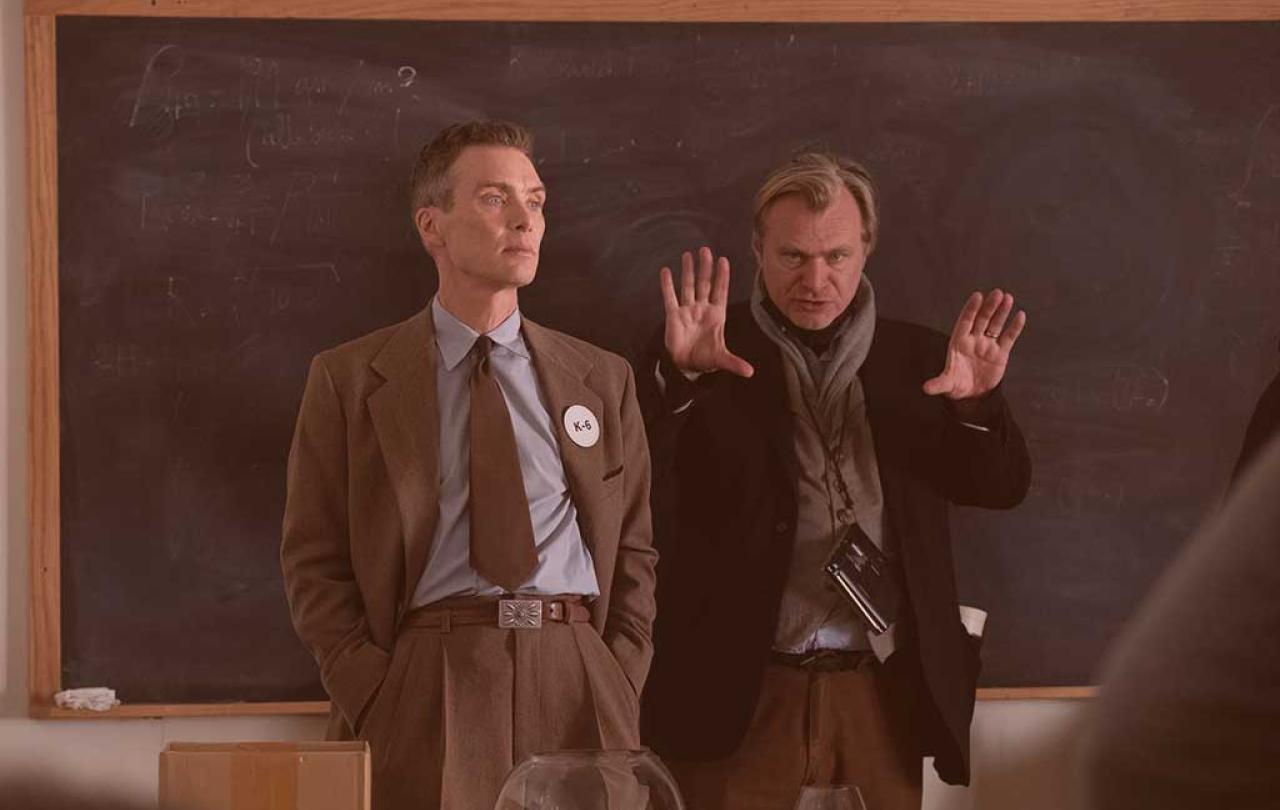Many of us will be familiar with Joseph Campbell’s The Hero with a Thousand Faces. A work of comparative mythology which describes the archetypical hero found in the world of myths - The Hero’s Journey. Campbell calls this the Monomyth - the one story which every story is about. A hero ventures forth from his common world, encounters adversity and his inner demons, wins a decisive victory against the forces of death, and returns from this adventure forever changed and with the power to bestow wisdom to his community. This is Luke Skywalker, Aladdin, and Harry Potter but it’s not Oppenheimer.
Christopher Nolan has seemed to have stumbled upon a different monomyth with his biopic. The story of a human community earnestly seeking technological knowledge of the heavenly powers, desiring to harness it, and ultimately unleashing it upon the earth only to discover its civilisation-destroying power. It’s the monomyth of the Tower of Babel. Technology reaching to the heavens resulting in the destruction of the city. But instead of a tower of brick and mortar, Oppenheimer’s tower is a pillar of fire and nuclear ash. Things might seem like grand progress in one moment, yet in the next, it’s annihilation.

Nolan’s decision to make Oppenheimer a biopic has the uneasy effect of intermingling the myths of The Hero’s Journey and the Tower of Babel. Oppenheimer is the protagonist who undergoes all the key beats of the Hero’s Journey. Yet it is precisely this aspirational adventure that culminates in The Tower of Babel. It’s as if the film is saying that those who have most embodied The Hero’s Journey in our Modern Age are those who have also destroyed the world. Oppenheimer is but one example in a retinue of such technological geniuses.
There is a haunting line in the film where one of Oppenheimer’s colleagues refuses to work with him on the bomb. He says:
“I don’t want the culmination of three-hundred years of physics to be a weapon of mass destruction.”
This is still the anxiety that typifies our technological and political moment today. The only difference is, we don’t know where we’re culminating to. Where is three-hundred years of so-called progress, technology, and political theory culminating to? We have no idea.
Maybe this is what struck such a deep primal chord with me as the credits rolled.






